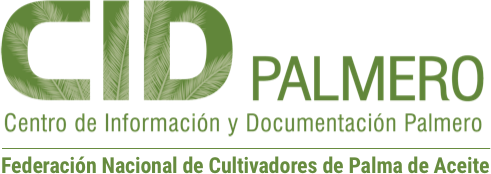Definition of technological extension strategies based on exploratory analysis of the Sustainability Index using Artificial Intelligence: the case of oil palm producers in Colombia

Date
2023-10-18
2023-10-18
Author
Colombian Oil Palm Research Centre Corporation, Cenipalma
Becerra-Encinales, Julián F.
Rodríguez, Brayan
Eloína, Mesa-Fuquen
Beltrán-Giraldo, Jorge A.
Cooman, Alexandre P.
Bernal-Hernández, Paloma
Reyes, Luis
Cruz, Juan C.
Estadisticas
Abstract
The study examined the correlation between categorical variable correlations and their impact on producer classification. The findings revealed that sociodemographic variables emerged as significant cluster determinants, with Palm zone exerting the most substantial influence at the national level (Cramer’s V=46.9%) (Figure 2), followed by Producer scale (Cramer’s V=27.9%) and Age group (Cramer’s V=17.5%). In contrast, Gender had a relatively lower impact (Cramer’s V=10.0%). Producers were categorized into six clusters based on SI compliance and technology adoption levels.
The study examined the correlation between categorical variable correlations and their impact on producer classification. The findings revealed that sociodemographic variables emerged as significant cluster determinants, with Palm zone exerting the most substantial influence at the national level (Cramer’s V=46.9%) (Figure 2), followed by Producer scale (Cramer’s V=27.9%) and Age group (Cramer’s V=17.5%). In contrast, Gender had a relatively lower impact (Cramer’s V=10.0%). Producers were categorized into six clusters based on SI compliance and technology adoption levels.
Palabras clave:
Extensión rural
Capacitación
Inteligencia artificial
Palma de aceite
Sostenibilidad
Colombia
Extensión rural
Capacitación
Inteligencia artificial
Palma de aceite
Sostenibilidad
Colombia



